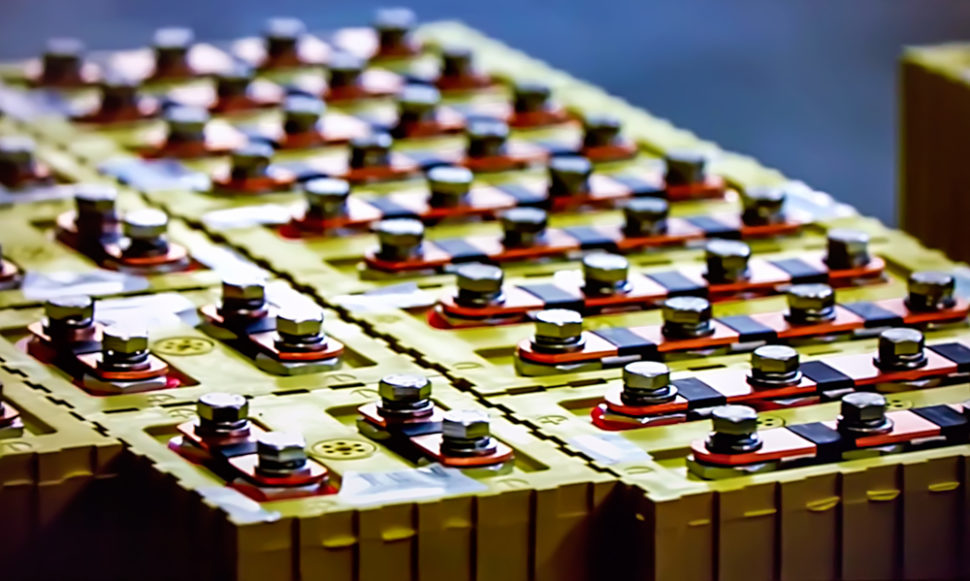Imagine a future in which protein batteries power all your electronic devices. Sounds like a bit of a stretch, right?
Proteins are essential for building muscles. However, researchers at Texas A&M University believe that it could also serve as the building block for sustainable organic batteries.
Compared with the conventional lithium–ion batteries, protein batteries would be safer and more environmentally friendly.
While powering your device using proteins may sound like a piped dream, it isn’t. Researchers have already taken the first step towards developing electrodes for such power source using synthetic polypeptides and other polymers.
Tan Nguyen, A Ph.D. student who helped develop the project, said:
“The beauty of polypeptides is that we can control the chemistry on their side chains in 3-D without changing the geometry of the backbone, or the main part of the structure. Then we can systematically examine the effect of changing different aspects of the side chains.”
The study also provides new insight into the mechanisms of electron-transfer.
Replacing Lithium-ion With Protein-Based Batteries
Lithium-ion batteries are harmful to the environment. Besides, it costs more money to recycle a lithium-ion battery compared to manufacturing it from scratch.
As a result, they have been accumulating in landfills until we figure out a safe way of disposing of them. Another viable option is to develop a protein-based or organic battery to replace the current bunch.
Since the amide bonds along the peptide backbone are stable, the batteries would be relatively durable. Also, it becomes possible to trigger when they break down for recycling, says Karen Wooley, who leads the team at Texas A&M University.
The researcher believes that future industries could use polypeptide in flow batteries for storing electrical energy.
In a statement about the project, Wooley said:
“The other advantage is that by using this protein-like architecture, we’re building in the kinds of conformations that are found in proteins in nature that already transport electrons efficiently. We can also optimize this to control battery performance.”
The first step was to build a functional electrode.
Building Electrodes for Protein Batteries
The researchers built the electrodes that are made of composites from carbon black, constructing polypeptides that contain either viologen or 2,2,6,6 tetramethylpiperidine 1-oxyl (TEMPO).
The TEMPO-containing polypeptide served as the cathode (the positive electrode), while they attached viologens to the matrix that was used for the anode. Both the viologens and TEMPO are redox-active molecules.
Nguyen noted:
“What we’ve measured so far for the range, the potential window between the two materials is about 1.5 volts, suitable for low-energy requirement applications, such as biosensors.”
To create a more functional organic battery, Nguyen is investigating the electrochemical properties of various polymers with different conformations. These include beta-sheet, random coil, and an alpha helix.
With these peptides in hand, the researchers are now collaborating with other colleagues at Texas A&M University to build the first protein battery prototypes.
The research is still at an early stage and has a long way to go before it becomes commercially available. However, the flexibility and variety of structure that protein offers could lead to potential energy storage that’s sustainable and safer for the environment.



















Comments (0)
Most Recent